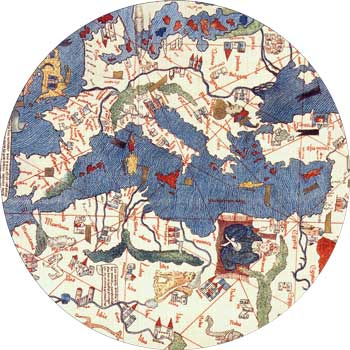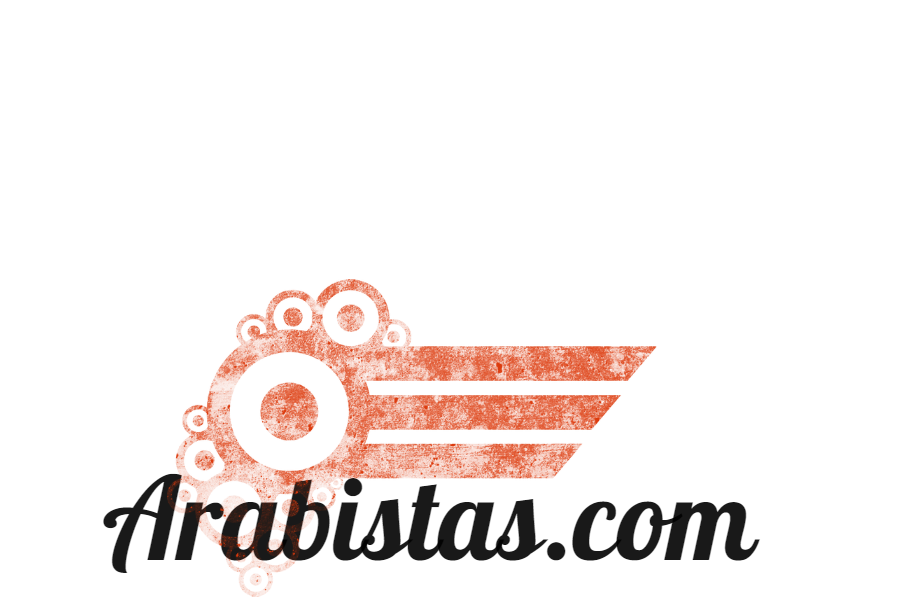
25 Ene Dialogues in Late Medieval Mediterranean
El 20 de junio de 2017 tendrá lugar el I Workshop del proyecto ArtMedGIS titulado «Dialogues in Late Medieval Mediterranean: Cultural Legacy of Western Islamic Societies».
Este taller busca analizar el legado cultural del Occidente islámico desde diversas perspectivas de forma que se cree un espacio de diálogo para compartir los resultados de investigación más recientes y un circuito de investigadores que cuente con investigadores experimentados e investigadores jóvenes que permita desarrollar nuevas líneas de investigación interdisciplinarias.
Todas las personas interesadas en participar deberán enviar el resumen de su tabajo (máx. 300 palabras) junto con un CV (máx. una página) a la Dra. María MARCOS COBALEDA (mmcobaleda@ugr.es; mmcobaleda@fcsh.unl.pt) antes del 20 de febrero. Las intervenciones tendrán una duración de 20 minutos y se aceptarán en una de las siguientes lenguas: inglés, portugués, español o francés.
1st International Workshop of the ArtMedGIS Project
Lisbon, 20th June 2017
Dialogues in Late Medieval Mediterranean:
Cultural Legacy of Western Islamic Societies
Call for papers:
The aim of the 1st International Workshop “Dialogues in Late Medieval Mediterranean: Cultural Legacy of Western Islamic Societies” is to establish an exchange opportunity to analyze the cultural legacy of the Western Islamic societies from different and complementary perspectives. During the last years, an increased number of projects focused on the relations between East and West, Christianity and Islam or North Africa and Al-Andalus had emerged in the international scenario. In the frame of these current research projects that focus on these topics, this 1st International Workshop has been proposed to achieve the following main objectives: to create a dialogue space to share the recent research results, as well as to establish new research networks integrated by experienced and young researchers to allow the development of interdisciplinary research lines about the late Middle Ages.
Within this general framework, the main goal will be to analyze the Islamic cultural legacy in a comprehensive approach. In this way, a call for papers is open to promote that experts and young researchers from History of Art, Architecture, History, Literature, Archaeology, Philosophy, Music, History of Religions and other related fields may present their research works focused on the late medieval Mediterranean. According to the territorial and chronological restrictions of the Western Mediterranean during the late Middle Ages, the main fields of study will be (but not limited to) those referring to the most outstanding Islamic societies of this period: the Banū Ḥammād in Algeria, the Almoravids and the Almohads in North Africa and Al-Andalus, the Banū Gānīyya in Balearic Islands, the Merinids in North Africa and the Nasrids in Granada.
Proposals about the Mudéjar manifestations will be also considered, due to its hybrid nature.
The works will be encouraged to approach the study of these societies from a multidisciplinary perspective, to give answer to the following questions:
– What were the contributions of these Islamic societies to the Mediterranean world of the late Middle Ages?
– How can be measured the influence of the artistic and cultural panorama of the Western Islamic world in the European one?
– Are there any specific elements of these Islamic societies which were adopted by the Christian world? In which way?
– Has the difference of religion been an obstacle to the cultural dialogue between East and West during the late Middle Ages? Or, on the contrary, can be found some points in common in cultural and artistic manifestations of this period between Christian and Islamic societies?
Please, submit your proposal with an abstract (no more than 300 words) and a brief CV (maximum 1 page) to Dr María MARCOS COBALEDA (mmcobaleda@ugr.es; mmcobaleda@fcsh.unl.pt) before next 20th February 2017. The interventions of 20 minutes duration are accepted in one of the following languages: English, Spanish, Portuguese or French.



No Comments